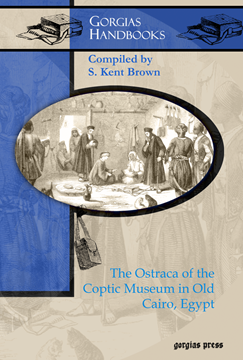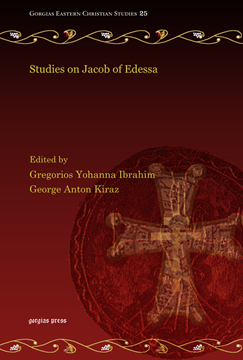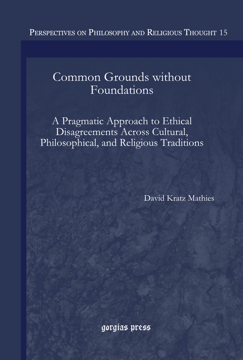Community Participation in Scripture Version Design
An Experiment in Translating Jonah into Sabaot
Series: Biblical Intersections 5
ISBN: 978-1-60724-408-0
What strategies can be applied in producing an alternative version of Scripture that is complementary to the existing translation(s) and acceptable to the target audience? This book answers this question by exploring a theoretical strategy for this purpose. On the basis of Christiane Nord’s functionalist theory of translation, the author of this book formulated a Participatory Approach to Bible Translation and experimented with it in translating the book of Jonah into Sabaot, a Kenyan language. This book provides an excellent model for involving communities in the production of Scripture translations.
$178.00 (USD) $106.80 (USD)
The Ostraca of the Coptic Museum in Old Cairo, Egypt
Compiled by S. Kent Brown
Series: Gorgias Handbooks 13
ISBN: 978-1-60724-014-3
The Ostraca of the Coptic Museum, written on pottery pieces, limestone flakes and wood, present the lives of ordinary people in their interactions with one another, and includes their economic and personal affairs. This volume is a catalog of the 1,127 ostraca in the museum.
$179.00 (USD) $107.40 (USD)
Studies on Jacob of Edessa
Edited by Gregorios Yohanna Ibrahim & George Anton Kiraz
Series: Gorgias Eastern Christian Studies 25
ISBN: 978-1-60724-997-9
Jacob of Edessa was a seventh century polymath who witnessed the coming of Islam. In this collection of papers, specialists discuss the life and works of this figure with emphasis on the cultural landscape of the seventh century. Contributors include Sebastian P. Brock, Richard Price, Andreas Juckel, Alison Salvesen, Theresia Hainthaler, Amir Harrak, and Khalid Dinno.
$163.00 (USD) $97.80 (USD)
Enlivening the Past
An Asian Theologian’s Engagement with the Early Teachers of Faith
Series: Gorgias Précis Portfolios 3
ISBN: 978-1-60724-103-4
This collection of essays offers an innovative exploration by an Asian theologian on various issues and themes that engaged the early teachers of faith. It gives special focus to the ongoing relevance of these issues for Christian theological discourse and praxis today.
$131.00 (USD) $78.60 (USD)
A Reassessment of the Evidence and a New Interpretation
Series: Gorgias Eastern Christian Studies 22
ISBN: 978-1-60724-074-7
This comprehensive study offers a critical, comparative analysis of the sources available on Bardaisan and a reinterpretation of his thought. The study highlights the profound points of contact between Bardaisan, Origen, and their schools; the role of Plato’s Timaeus and Middle Platonism in Bardaisan’s thought, and Stoicism. Bardaisan’s thought emerges as a deeply Christian one, depending on the exegesis of Scripture read in the light of Greek philosophy. Positive ancient sources present him as a deacon or even a presbyter, as an author of refutations of Marcionism and Gnosticism, and as a confessor of the faith during persecution.
$208.00 (USD) $124.80 (USD)
Common Grounds without Foundations
A Pragmatic Approach to Ethical Disagreements Across Cultural, Philosophical, and Religious Traditions
ISBN: 978-1-60724-042-6
An alternative, fallibilist model of moral reasoning rooted in the American Pragmatic tradition. Additional resources drawn from Chinese philosophy, Jain epistemology, modern philosophy of mathematics, and the Gadamerian hermeneutical tradition serve both to corroborate the argumentation and to provide examples of continuities in reasoning that cross the boundaries of disparate traditions.
$177.00 (USD) $106.20 (USD)





